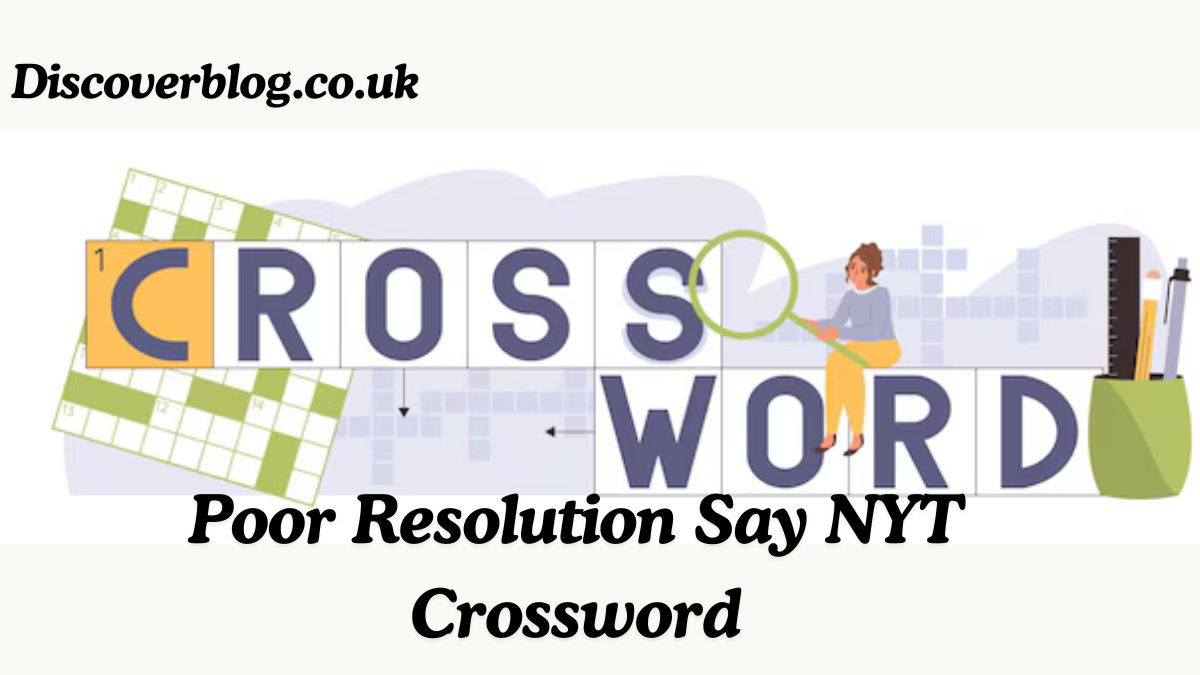Every neighborhood has its own set of unwritten rules. Some are charming, while others can feel a bit… dirty. You might find yourself in a community where the streets pulse with unspoken agreements that locals live by. These “Obey The Dirty Rules of This Neighborhood” shape interactions and dictate behavior in ways outsiders often overlook. Imagine walking your dog after dark, only to notice everyone avoiding eye contact with that one house on the corner—what’s going on there? Or perhaps you’ve heard whispers about how late-night car repairs can lead to an unexpected visit from certain “neighborhood watch members.” Understanding these hidden codes is crucial for anyone hoping to fit into their new surroundings seamlessly. So, what exactly are these dirty rules? Let’s dive deep into the intriguing world of neighborhood customs and discover why they matter more than you think.
Examples of dirty rules in different neighborhoods
Every neighborhood has its unspoken guidelines. These “dirty rules” often dictate how residents interact and engage with one another.
In some urban areas, for instance, it’s customary to reserve parking spots using traffic cones or other markers. This practice can spark heated debates among neighbors about what’s fair game.
Meanwhile, in suburban zones, backyard barbecues may come with a hidden rule: always invite the neighbor who grills better. It’s an unwritten bond that maintains harmony while fueling friendly competition.
Certain communities might have strict pet protocols. Dogs must be walked only at specific times to avoid triggering complaints from those seeking peace and quiet during their afternoons.
Even in affluent neighborhoods, there are codes of silence regarding property value preservation. Complaining about noise levels? That could lead to social exile for those who dare challenge the status quo.
Dirty rules shape interactions without anyone admitting they exist.
The impact of dirty rules on community dynamics
Dirty rules can shape a neighborhood’s identity. They foster an unspoken understanding among residents about how to navigate social expectations.
In some areas, these rules create bonds. Neighbors might share tips on where to park or which streets to avoid after dark. This camaraderie often leads to a stronger sense of belonging.
However, the impact isn’t always positive. Dirty rules can breed exclusivity and tension. Those who don’t conform may feel alienated or unwelcome. Newcomers might struggle to fit in, unsure of the invisible lines they shouldn’t cross.
Moreover, such dynamics can perpetuate cycles of misunderstanding and conflict within the community. When people follow these unspoken guidelines out of fear rather than choice, resentment may simmer beneath the surface.
Dirty rules influence not just interactions but also perceptions—creating barriers instead of bridges between individuals living side by side.
Why people follow dirty rules
People often follow dirty rules because they feel a sense of belonging. Joining in creates an unspoken bond among neighbors, forging connections that transcend mere geography.
Fear also plays a role. Ignoring these unwritten guidelines might lead to social ostracism or confrontation. In some cases, it’s about survival—navigating certain areas can be risky without adhering to the established norms.
Additionally, many individuals find comfort in tradition. Dirty rules have been passed down through generations and become part of the neighborhood identity.
Curiosity drives others to engage with these practices. They want to understand what makes their community unique and how it operates beneath the surface.
Practicality cannot be overlooked; sometimes following these rules simply makes life easier amidst chaotic environments where structure is lacking.
The consequences of breaking dirty rules
Obey The Dirty Rules of This Neighborhood can lead to unexpected consequences. For one, you may face disapproving glances and whispers from those around you. The social fabric of these communities is often tightly woven, making transgressions hard to hide.
In some cases, retaliation can occur. An annoyed neighbor might take action to assert dominance or simply express their displeasure. This could range from minor annoyances like loud music at odd hours to more serious confrontations.
Additionally, your reputation within the community could suffer significantly. Once labeled as an outsider or rule-breaker, it becomes challenging to regain trust and acceptance.
Even beyond social repercussions, there might be legal implications too. Certain unwritten rules exist for safety and harmony; ignoring them can result in fines or other penalties depending on local laws.
Navigating these waters requires awareness of what’s acceptable—and what isn’t—in your new environment.
How to navigate and adapt to dirty rules in a new neighborhood
Moving to a new neighborhood can be exciting, but it often comes with its own set of unwritten rules. To navigate these dirty rules, observe first. Watch how neighbors interact and what behaviors are accepted or frowned upon.
Engage in casual conversations while you’re out and about. These chats can reveal much about the local culture, including those quirky norms that might not be immediately obvious.
Don’t hesitate to ask questions if you feel comfortable doing so. Most people appreciate curiosity when approached respectfully.
Being adaptable is key; adjust your behavior without compromising your values. Find common ground where possible.
Remember that building rapport takes time. Participate in community events or gatherings to establish connections and gain deeper insights into the neighborhood dynamics.
Changing the narrative: Creating positive change in neighborhoods through communication and understanding
Changing the narrative in a neighborhood starts with open dialogue. When residents communicate openly, they foster trust and understanding.
Organizing community meetings can help bridge gaps between different groups. Sharing stories creates empathy and highlights common goals.
Understanding the reasons behind certain dirty rules allows for thoughtful discussions. It’s not about enforcing conformity but rather finding solutions that benefit everyone.
Engaging local leaders can amplify these conversations. Their influence helps gather more voices, creating a strong foundation for change.
Art initiatives or neighborhood clean-up days also encourage positive action while breaking down barriers. Creative approaches spark interest and invite participation from those who might otherwise feel disconnected.
By nurturing an environment of respect through communication, neighborhoods evolve into inclusive spaces where every voice counts. Through this collective effort, communities gradually shift towards more harmonious living conditions without abandoning their unique identities.
Conclusion
Obey The Dirty Rules of This Neighborhood, Navigating the intricate web of neighborhood dynamics can feel daunting, especially when faced with unwritten rules. These dirty rules, while often misunderstood, shape community interactions and set expectations for behavior. Acknowledging their presence allows newcomers to blend in more seamlessly and fosters a sense of belonging.
Embracing open communication is vital for fostering understanding within neighborhoods. By bridging gaps between differing perspectives, residents can enhance cohesion and cultivate trust. Striving for positive change doesn’t mean disregarding these street-smart guidelines; it involves actively working to redefine them through dialogue.
As communities evolve, so too do their norms and values. Instead of merely obeying outdated customs, consider how you can influence the culture around you positively. Together, we can create environments where everyone feels welcome while still respecting those unwritten codes that bind us together as neighbors.











